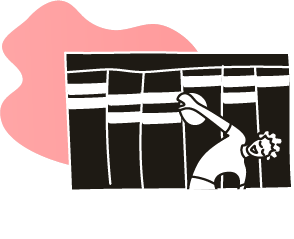Title of the resource
Title of the resource in english
Publisher
EDSITEment USA
Original language
Target and Age Group
Grade 6-8
Link to resource
Accessed on 25 August, 2020
Author of the Entry:
Ayelet Peer, Bar- Ilan University, ayelet.peer@biu.ac.il
Peer-reviewer of the Entry:
Lisa Maurice, Bar-Ilan University, lisa.maurice@biu.ac.il
Second Peer-reviewer of the Entry:
Elizabeth Hale, University of New England, ehale@une.edu.au
EDSITEment
EDSITEment is a partnership between the National Endowment for the Humanities and the National Trust for the Humanities.
The website offers materials for various disciplines such as literature and language arts, foreign languages, art and culture, and history and social studies
Contents & Purpose
This lesson enables students to conduct “live interviews’ with ancient athletes. The students and teacher can use the online exhibit “"The Ancient Olympics," developed for the EDSITEment-reviewed Perseus Project.” This online exhibition was created in 1996 and features various themes: Ancient and Modern Olympic Sports, A Tour of Ancient Olympia, Athletes’ stories, based on ancient texts, such as Pindar and others, (for example, Milo of Kroton, Diagoras of Rhodes), The context of the Games and the Olympic Spirit and general information about the ancient Olympic games.
The teacher is encouraged to teach this lesson with the more extensive unit of Greek mythology, and therefore connect between the myths and sports and ancient religion.
Further comments
This lesson make the ancient Olympic Games come to life with the combination of ancient games and modern media. The opportunity to interview ancient athletes provides entertainment but also requires in-depth study of the subject by teachers and students in order to prepare meaningful interviews.
These interviews can also later teach students about the changes the Olympic Games have undergone and also how sports in general has changed from the original games. This theme also showcases the importance of sports for ancient society, and how centuries later, sports is still a significant part of our modern culture. Therefore this lesson creates a bridge and a connection between the ancient Greeks and modern students and makes ancient Greek society more accessible to a modern audience.


